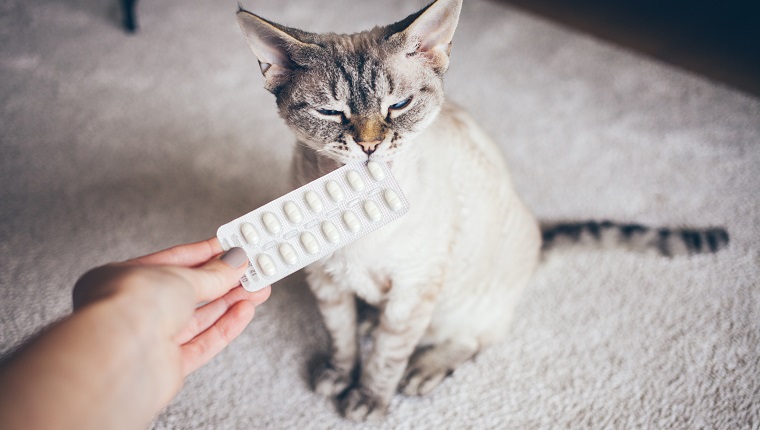Hey there, fellow cat enthusiasts! We’re diving into a topic today that might make your whiskers twitch with curiosity – Amoxicillin for cats. Just like us, our furry companions sometimes need a little extra TLC when they’re not feeling their best. So, let’s explore the world of this common antibiotic, find out how it’s used for our feline friends, and understand the dos and don’ts.
Kitty Ailments and Amoxicillin
Cats, like humans, can fall victim to a range of health issues, from infections to dental problems. That’s where Amoxicillin can come to the rescue! It’s an antibiotic that belongs to the penicillin family and is often prescribed to treat bacterial infections in cats.
When Is Amoxicillin Prescribed for Cats?
So, why might your kitty need Amoxicillin? Well, here are a few common scenarios:
Respiratory Infections
Cats can catch respiratory infections, like upper respiratory tract infections (URIs), which can cause symptoms such as sneezing, coughing, and runny noses. Amoxicillin can help combat the bacteria responsible for these infections.
Urinary Tract Infections (UTIs)
UTIs can be painful and uncomfortable for cats. Amoxicillin is sometimes prescribed to treat UTIs caused by bacteria.
Skin Infections
Feline skin infections, often due to wounds or bites, can be effectively treated with Amoxicillin. It helps clear up the infection and promotes healing.
Dosage and Administration
Now, let’s talk dosages. Amoxicillin for cats should always be administered under the guidance of a veterinarian. The dosage will depend on your cat’s weight, the severity of the infection, and other factors.
Dr. Whiskertons, a seasoned veterinarian, emphasizes, “Never attempt to determine the dosage yourself. Consult your vet to ensure your cat gets the right amount of Amoxicillin. Incorrect dosing can lead to ineffective treatment or side effects.”
Possible Side Effects
Like any medication, Amoxicillin can have side effects in cats. Common ones include upset stomach, diarrhea, and allergic reactions. If your kitty experiences severe side effects like difficulty breathing or swelling, seek immediate veterinary care.
Government and Veterinary Oversight
For your peace of mind, it’s essential to know that Amoxicillin is a widely accepted treatment for various feline infections. It’s approved by government bodies like the FDA and prescribed by veterinarians who consider its benefits and potential side effects.
Conclusion
In conclusion, Amoxicillin can be a lifesaver for our feline companions when they’re dealing with bacterial infections. However, it’s crucial to remember that it should only be used when prescribed by a qualified veterinarian. Never self-diagnose or self-prescribe medication for your cat.
So, if you notice your kitty feeling under the weather, don’t hesitate to consult your vet. They’ll be able to determine if Amoxicillin is the right treatment and provide guidance on dosage and administration. With the right care and attention, your cat will be back on its paws in no time!
- Best Clay Alternatives for 2025 - April 19, 2025
- Best Seamless.ai Alternatives for 2025 - April 19, 2025
- Best UpLead Alternatives for 2025 - April 18, 2025



